 |
| Carolyn Tillery, Janet Randolph, Charles Salzberg, Sarah Byrne, Himself, Aubrey Hamilton |
Counting on my fingers here: I think Toronto last month was my seventh Bouchercon. (The first was New York, back in 1983, a much smaller affair.)
I want to tell you about the highlights but I am mostly thinking ahead. If you have not gone in recent years and might go in the future, bookmark this page for future reference.
 |
| Melodie Campbell, Some American |
Naturally it's a joy to be on a panel. I was on "Readers Recommends," and frankly I didn't think anyone would attend, considering the competition. But we had close to seventy people in the audience. The picture on the top of this page shows our little group. For some reason we all look like our best friend died and didn't leave us a cent, but we were all having a good time. Moderator Carolyn Tillery did a fine job.
The funniest event I saw was the Liar's Panel. Five authors each tell stories about something that happened in their own lives. Contestants have to guess which stories are true. Luckily I was not a contestant because I was wrong on seven out of ten stories. As you can imagine, some of these were hilarious. Reese Hirsch's story about vampires was true? And the only lie in Danny Gardner's story was the murderer getting caught. Quite an hour.
The highlight of the Speed Dating for me was when Twist Phelan and Zoe Quick arrived together. They are both FB friends of mine but we had never met in person. We had a six-minute mutual admiration society, and then they hurried on.
 |
| Barb Goffman, What's-His-Name |
 |
| Michael Bracken, Art Taylor, Unidentified |
It turned out Hank was moderating the panel. That didn't go so well, but it wasn't her fault. About fifteen minutes after it started a fire alarm went off. In that fancy hotel the alarm sounded like someone whacking a xylophone every few seconds. Then a voice on the PA announced that an alarm had been pulled in the parking garage. Someone was investigating and the fire department was on its way.
 |
| Melissa Yi, Robert Me |
Eventually the PA announced that the fire department had declared everything was okay. Then they announced it again. Then they announced they were resetting the alarm. (Why would we care?) Then they announced that again. We still didn't care.
There was a special event honoring Ellery Queen's Mystery Magazine, with Art Taylor interviewing editor Janet Hutchings, followed by a long line of authors talking about how EQMM had touched their lives and careers. Quite moving. There are few American magazines that have survived as long as this one and the stunning thing that in 75 years there have only been three editors.
On the SleuthSayers front, Art Taylor won the Macavity Award for best short story and the late great B.K. Stevens won the Anthony Award for best novella.
The Macavity Award for Best Nonfiction went to Margaret Kinsman for her book Sara Paretsky: A Companion to the Mystery Fiction. However, the author wasn't present so the award was accepted by Sara Paretsky! Yes, the subject of the book accepted the award. When was the last time that happened?
Next time I will include my favorite quotations from Bouchercon. Here's a sample:
"In Scotland we have an unarmed police force. Well, no firearms. Just batons and sarcasm." - Caro Ramsay


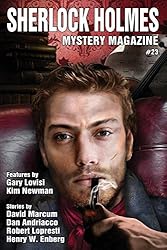

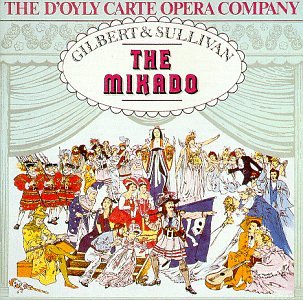

















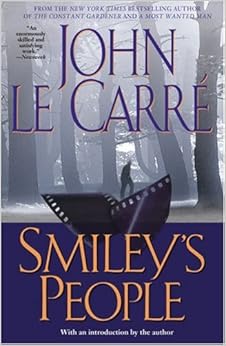
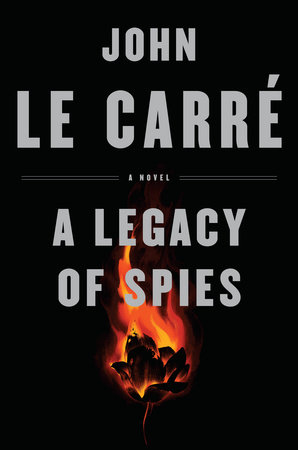
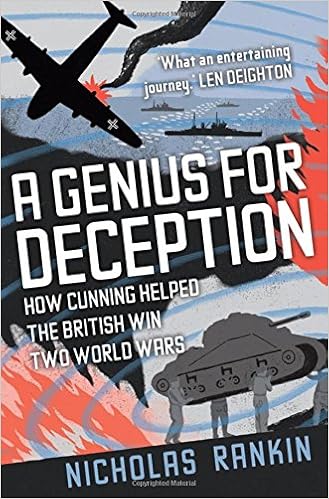





.png)






.jpg/220px-MotherNight(Vonnegut).jpg)

